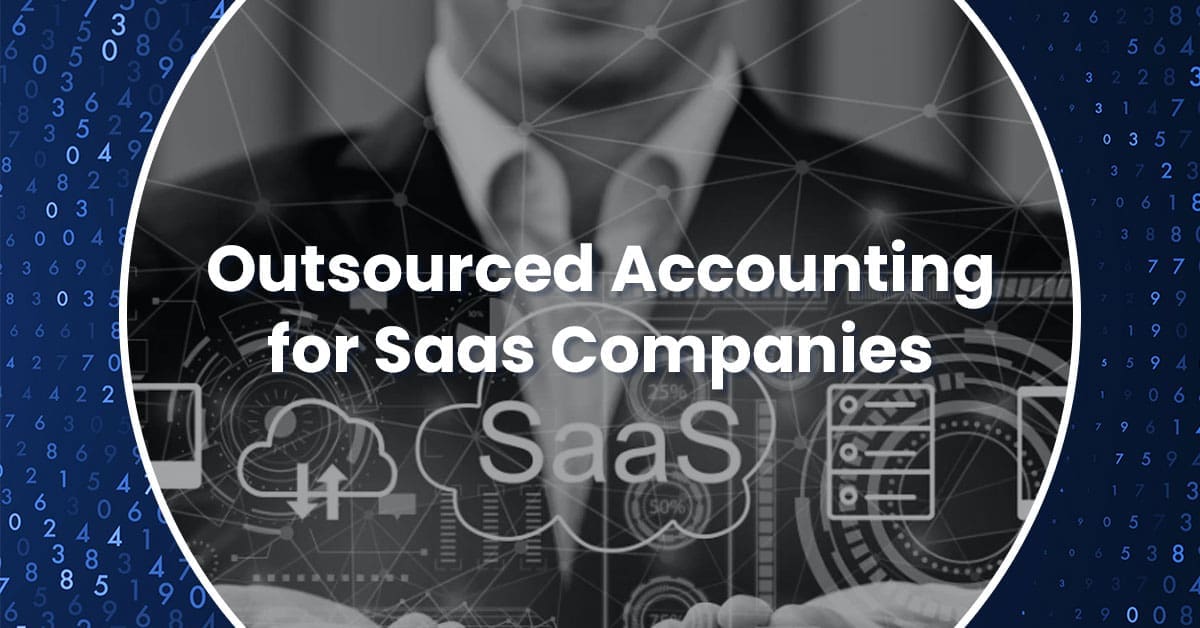By Jessica Manas
By now you’ve heard about the cloud — that invisible vault that allows you to store data on the internet instead of keeping it on hardware devices. And you likely already use the cloud – whether you realize it or not.
If you’ve ever scheduled a meeting on your laptop and it then popped up on your smartphone calendar, or if you’ve ever been relieved to find that your photos still exist after you’ve dropped your iPhone, you have the cloud to thank.
Businesses can also benefit from the cloud. Businesses that convert to the cloud reap many of the same cloud-based benefits as users do in their personal lives — with some added perks for the bottom line. But while utilizing the cloud is second nature for many younger business owners, those accustomed to older technologies can find it daunting to adopt a new method of workflow and data storage.
Here are some tips to understand how the cloud can offer your business increased flexibility, savings and security and to ease your transition to a cloud-based business.
Flexibility
The cloud gives businesses 24/7 access to all the files, folders and figures that make a company tick. Owners of cloud-based businesses always have the information they need at their fingertips — without going back to the office. And with the ability to run reports in real time, they can make important decisions based on up-to-the-minute information. An array of user-friendly cloud-based accounting apps also helps keep the books organized, simplifying bill payment and record keeping.
Savings
The old hardware method of data storage requires constant backups on equipment that’s both cumbersome and expensive to maintain — and that is susceptible to malfunction. Using the cloud frees up both the physical space companies formerly dedicated to data storage and the capital required for the hardware. The cloud’s pay-as-you-go model allows business owners to purchase only what they need, providing significant cost savings versus hardware.
Security
Some business owners may feel vulnerable having their company’s vital information floating in something as nebulous as a cloud, but the cloud is typically more secure than hardware storage. While hardware can be hacked without your knowledge, the cloud uses encrypted information to fend off attacks and has additional layers of security, such as recognizing logins from different devices. In addition, your cloud provider is responsible for keeping your data secure — giving you the peace of mind to focus on your business.
For more detailed information on security, visit our past blog: http://bit.ly/2mATyTF.
So if you haven’t yet done so, consider making the transition to the cloud to increase the flexibility, savings and security of your business.
Jessica Manas is an Outsourced Accounting Associate at Wiss & Company, LLP. If you would like to get in contact with Jessica, you may reach her at 973.994.9400 or at [email protected].

 Previous
Previous




